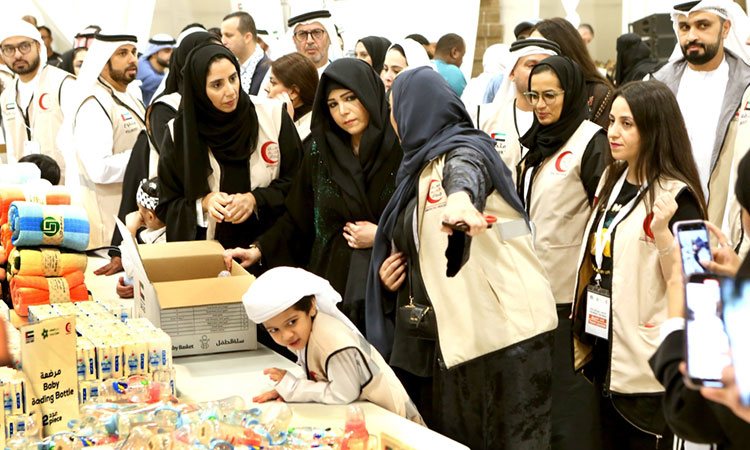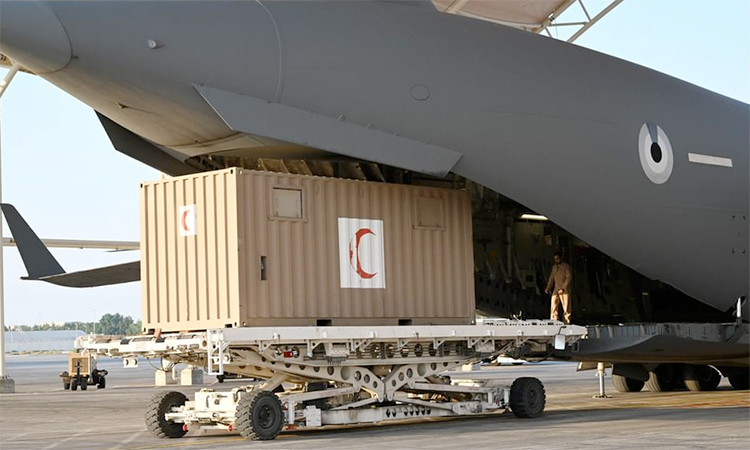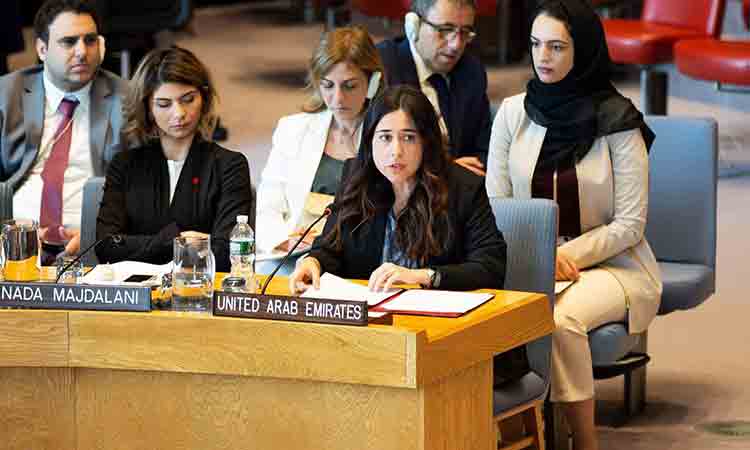The UAE’s global initiative for water management

Illustrative image.
The Initiative was finalized on January 10. The UAE, through its Beyond 2020 initiative, is helping uplift the lives of 18, 000 villagers in The Philippines by increasing access to water and by reducing the cost of water by 85 per cent. Four hydraulic ram pumps and 13 kiosks are being activated to help the villagers in two provinces of the archipelago-country. This is achieved through an innovative technology created 240 years ago to bring water uphill without using electricity or fuel and without emission of harmful gases. The focus of these projects is on use of alternative and renewable sources of energy. This is part of the UAE’s outreach programme.
The UAE has set upon a mission to solve its own water challenges through its Water Security Strategy 2036 with the bold goal of reducing the demand for water by 21 per cent, improve efficient use of water and make water accessible to people suffering from water scarcity, and this to be achieved through an integrated effort of all the organisations dealing with water in the country. But the UAE policymakers are not content to solve their own problems. They want to help other people and other countries. And so Suqia-Water Aid, a non-profit organisation has been set up to support international efforts to supply drinking water to people in need around the globe and also help find sustainable and innovative solution to tackle water scarcity. The aim is to use renewable sources of energy and innovative technology to solve the problem. Supervised by the UAE Red Crescent, the response to the initiative was immense. The initiative set out to provide drinking water to five million people, but it was able to muster AED 180 million which will provide water to over seven million people.
The idea is not just to provide water through use of renewable sources of energy and by funding such programmes. It includes the strategies of improving and supporting sanitation programmes, water-harvesting, desalination, efficiency in use of water, wastewater treatment, recycling and reuse technologies. Through the 1950s and 1960s, the World Bank had supported programmes in developing countries which used the inefficient and wasteful technologies for sanitation and for providing drinking water through such means as tube wells and building of huge dams.
These have turned out to be counter-productive. There was need to rethink the whole development strategy, and ecology had to made part of any development strategy. The emphasis has to be innovative technology, and the UAE initiative underlines this.
This is indeed what is required because the climate change crisis can only be tackled through alternative technologies and systems because the existing and dominant systems and technologies of modern industry have been responsible in bringing upon us the catastrophe of climate change and environmental degradation.
If civilization as we know it is to survive. It is impossible to get back to the mode of living of pre-industrial times because the cities have grown and the population has increased. Science and technology have benefited mankind in innumerable and miraculous ways. What needs to be done is to retain the achievements of modern civilization and make the course correction needed to protect this civilization.







